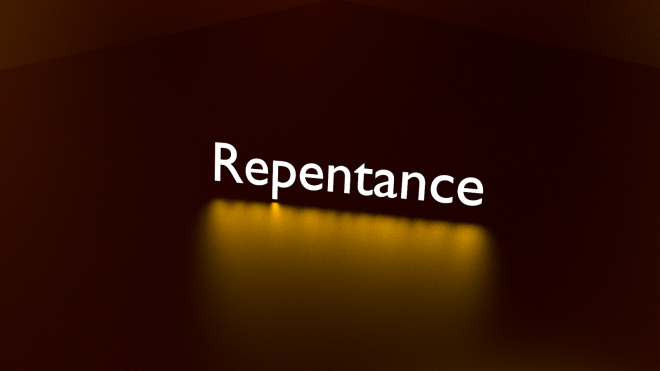
Grant Swart
If our forgiveness was dependent on what we as sinners could do (or refrain from doing), in order to repent, who would be so bold as to claim that they could achieve it sufficiently as to gain recognition by a perfectly Holy God? Is repentance something we can and should do in order to be saved, or is repentance a gift granted to those who are saved by God?
All too often one hears the instruction issuing forth from religious zealots: “You must repent, you must turn from your sin, you must turn to God, or…!”. In my country, as I suppose it is in many others, many will-worshipping churches have coined a new favourite phrase: “Turn or burn!”, and in some Afrikaans congregations the translated phrase, “Draai of braai”, is bandied about with even more self-righteous enthusiasm. As if it were simply up to the listener to do the turning, and God will have no choice but to accept those who turn!
Those who do not have Christ, hear these warnings and are left terrified by their own inability to do what the preacher expects of them. They have heard the stern instructions, but have no understanding of it, no idea of where to start, or how to go about this seemingly impossible task. How can they turn to God when they do not know Him, do not know where He is, or who He is? How could they possibly repent without God’s help and without the guidance of His Holy Spirit? Continue reading

